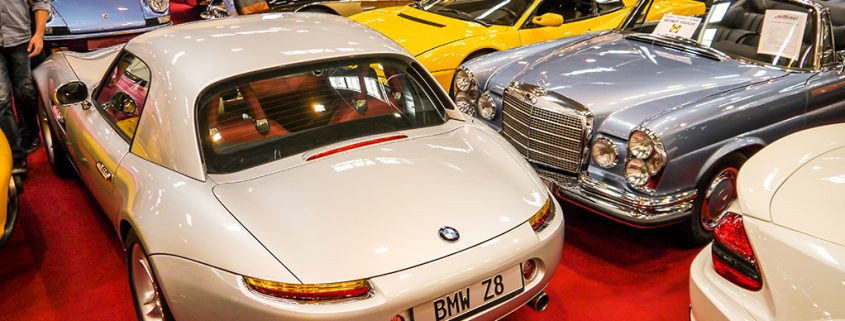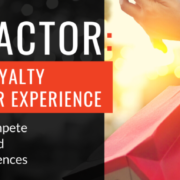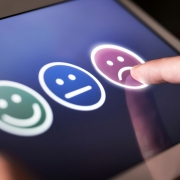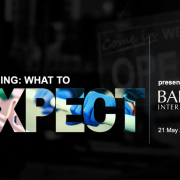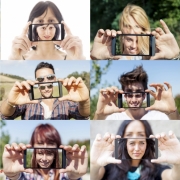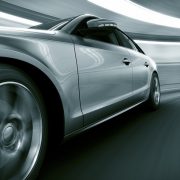How Rare Cars Influence Your Choice

It’s rare that a car will sell itself; though it may be possible for super cars, which are emotionally charged and sold to powerful wealthy customers who don’t need to be persuaded. But wait, even then is it actually true? In this case appearances can be deceptive and we jump to our own conclusions.
The manufacturers of these highly attractive cars use psychological methods for sales which are being communicated to the public and to the individual customer by the marketing department and the sales staff.
One of these principles or methods is the impression of rarity, products typically get more popular if there aren’t many of them. Consequently, the demand raises the price. Then there is the sympathetic salesman, sympathy is another method of sales psychology. It’s easily understood how to apply and implement this method, even though it cannot be universally applied.
It’s extremely rare, buy it now…
The perception of rarity applies to super sports cars and parts of the used-car market but for the volume market other sales strategies are in use. For instance, car manufacturers try to influence people in the social circles of a potential customer and convince them to buy a car so that – in a kind of chain reaction – the potential customer, affected by peer pressure, will also make a purchase.
As a result a potential customer may find themselves coming home with a personally signed purchase contract three days after they went to a car dealer to take a look. Superficially this appears to be a purchase made for inexplicable reasons.
Sympathy: incorporated at the dealer
Even minor changes to an overall product or service can have profound consequences on the degree of customer loyalty to that product or to the quality claims of the product. Scientific studies have shown that product packages with pictures of faces are more popular if their pupils are larger. Pupil dilation is said to be an indicator for sympathy. So what could be changed in car dealerships? Set up billboards or posters showing attractive faces? Why not!
In this way small, insignificant changes on a product or on the product package will have a stronger impact on the customer’s perception than the customer may admit to or even realise. The customer’s subconscious mind draws conclusions on the properties of a product, even though the product appears not to have changed at all.
In a similar case in a different industry, many people were suddenly complaining about the quality of a brandy after the top capsule was changed from lead to plastic. To investigate and verify this theory the company sold half of their product with lead capsules and the other half with plastic. Indeed the result showed that customers perceived a change in the quality of the brandy depending on the product package.
There are many situations which correlate with this so-called Irradiation Phenomenon when buying a car. For example the perception of a cars acceleration depending on the return spring in the gas pedal or the clothes of a salesman defining their position in the company and the sympathy that the customer will get. Understanding these factors and how they can be used to improve customer satisfaction and push towards the elusive perfect sale will be keys for future success.
How do you feel when you are at your local car dealer looking to buy a new car? Are these things that you’d pay attention to in your conversation with the sales person?
 Author: Benjamin Brodbeck @automativ
Author: Benjamin Brodbeck @automativ
Benjamin Brodbeck, 24 years old, is a multifaceted petrolhead. Besides his work as a jazz pianist, he brings his passion and knowledge about cars as a publicist at AUTOmativ.de. He studied Automotive Business Management and is currently doing his master’s degree in journalism at the University of Vienna.
Interested in becoming an Automotive Evaluator with BARE International?
[maxbutton id=”9″]
Want to be a guest blogger for BARE’s Automotive community We Are Cars?
Apply to: wearecars@bareinternational.com

